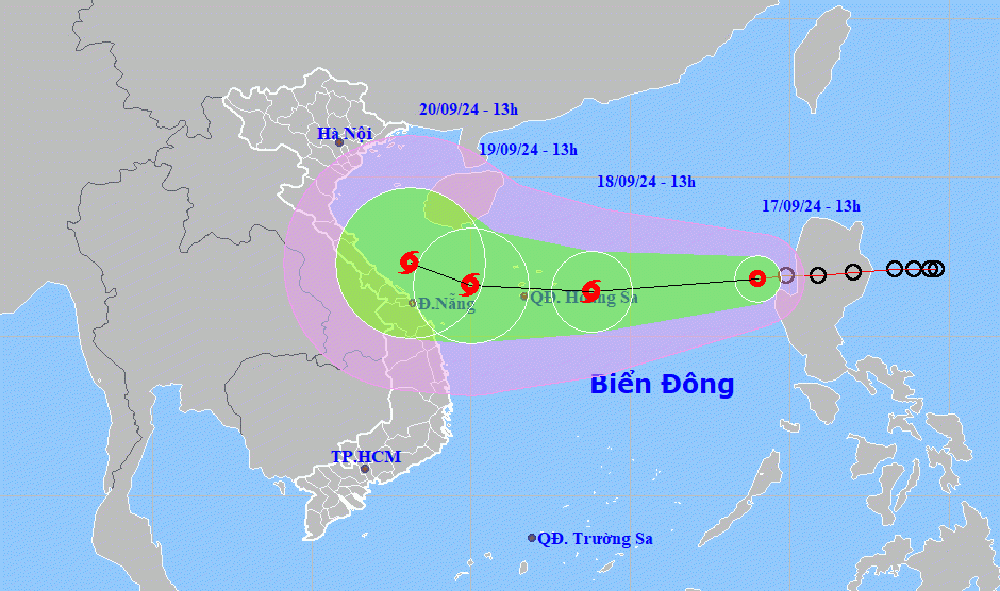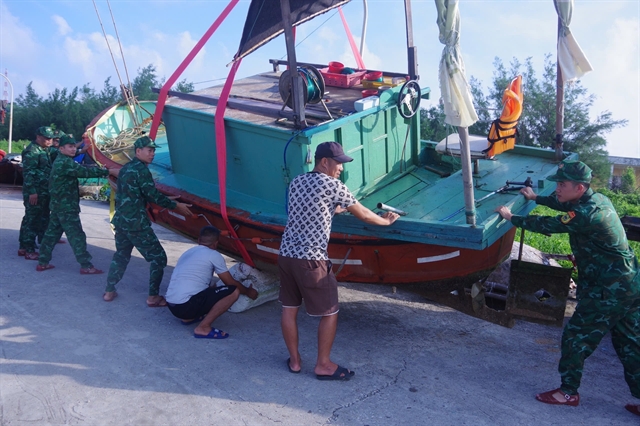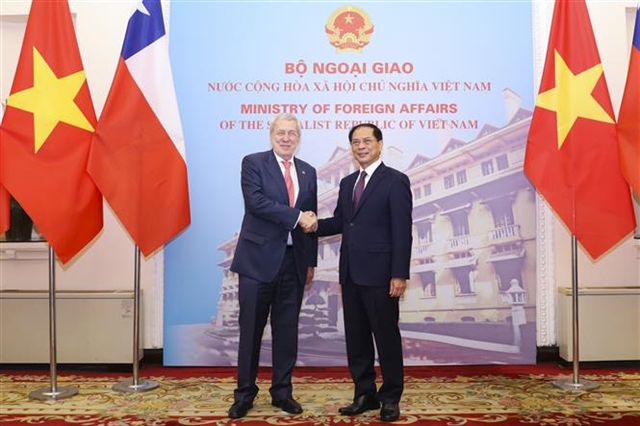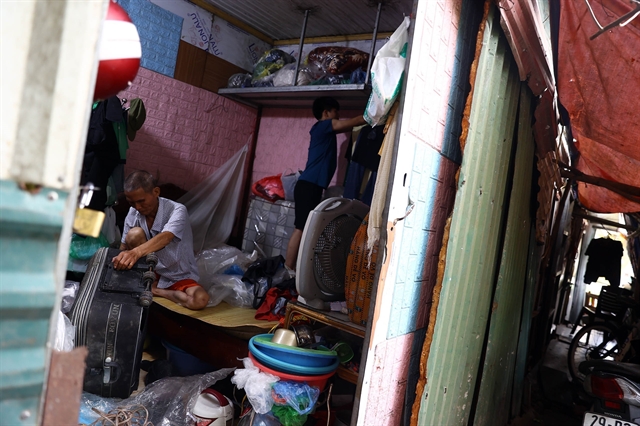▌Câu trả lời hay nhất
TheàRịa–VũngTàuProvincesupports top casino las vegas lives of ethnic people in Bà Rịa–Vũng Tàu Province have improved significantly as the province has implemented various support policies for them.
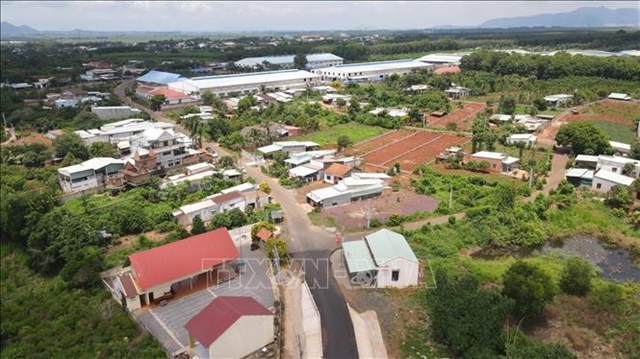 |
| A view of Tân Thuận Hamlet in Đất Đỏ District’s Long Tân Commune in Bà Rịa–Vũng Tàu Province. It has the largest number of ethnic people in a hamlet in the province, having 134 Chơ Ro households with more than 500 people. — VNA/VNS Photo Hoàng Nhị |
BÀ RỊA – VŨNG TÀU — The lives of ethnic people in Bà Rịa–Vũng Tàu Province have improved significantly as the province has implemented various support policies for them.
The southeast province has invested in infrastructure facilities for ethnic people and assisted them to have stable livelihoods and houses.
The province has nearly 9,000 ethnic households with a total of 26,000 people belonging to 36 ethnic minorities.
They are mostly Hoa, Khmer, Tày, Nùng and Chơ Ro people.
Under the national target programme for socio-economic development in ethnic minority and mountainous areas in 2021-25 implemented in Bà Rịa–Vũng Tàu, the province spent more than VNĐ280 billion (US$11.4 million) in 2023 and the first seven months of this year to support ethnic people and to invest in infrastructure facilities in their living areas.
During the period, it built 23 transport projects in ethnic people living areas, built 187 new houses and repaired 178 houses for ethnic households, assisted 218 ethnic households to access tap water and 100 households to have access to power.
It also helped poor and near-poor ethnic households breed animals and advocated the Law on Drug Prevention and Control to ethnic people.
It took measures to support education and training for all ethnic students, including giving free textbooks and notebooks worth VNĐ9.2 billion ($375,000) for 15,437 students in 2022-23.
Dương Quốc Khánh’s family, a Chơ Ro ethnic household in Châu Đức District’s Đá Bạc Commune, has a difficult life and local authorities gave his family VNĐ75 million ($3,000) to build a house last year.
“The support for building a new house made my family’s life more stable. My family is grateful that local authorities take care of ethnic people,” he said.
Khánh married in 2013 and his parents gave him a piece of land, but his family’s life was difficult because he and his wife had unstable work, so they could only make a temporary house with tarpaulin walls and corrugated iron roofs.
With the support policies for ethnic people, all communes where ethnic people live have been recognised as new-style rural areas.
Up to 99.8 per cent of ethnic households have access to national power grids and all ethnic households have hygienic water for daily use.
Huỳnh Thành Quý, a Hoa ethnic person in Phú Mỹ Town’s Sông Xoài Commune, has been supported by local authorities to access tap water for daily household use.
“The supply of tap water is stable, and this helps me to proactively secure irrigation water for my 2ha orchard that grows durian and grapefruit,” he said.
Efforts
Ethnic people in the province have made efforts to develop agricultural production and improve incomes.
They have participated in co-operatives to increase production efficiency and access soft loans to develop their production and business.
Voòng Cỏng Mềnh, a Hoa ethnic person in Phú Mỹ Town’s Sông Xoài Commune, participated in Hắc Dịch Green Skin and Pink Flesh Grapefruit co-operative when it was established in 2022 and has got many benefits from being a member.
“The co-operative often organises meetings to share experiences and techniques of growing grapefruit so I learn many good techniques, and this helps improve my fruit yield. The co-operative also buys grapefruits so I feel secure about buyers,” he said.
He sometimes sells grapefruits at a high price of up to VNĐ30,000 a kilo, VNĐ 5,000 higher than selling to traders, he said.
He has expanded his orchard from 1ha to 3ha now.
The co-operative has 40 members, including 15 ethnic ones, and these members have an income between VNĐ300 million to VNĐ2 billion ($12,200 – 81,000) a year.
Ngô Hùng Lý, deputy head of the Phú Mỹ Town’s Bureau for Ethnic Minority Affairs, said many ethnic households in Sông Xoài Commune had engaged in agricultural production and had become wealthy.
They had built concrete spacious houses and invested in their children’s education, he said.
Under the national target programme for socio-economic development in ethnic minority and mountainous areas in 2021-25, the province’s social-political organisations have taken various measures to assist ethnic people.
The province’s Women’s Union, for instance, has implemented Project 8 “to realise gender equality and address urgent issues faced by women and children,” which is part of the national target programme.
Under the project, the province’s Women’s Unions at all levels helped 354 ethnic members borrow soft loans worth a total of VNĐ15.8 billion ($640,000) from the Việt Nam Bank for Social Policies to develop agricultural production and business in 2021-23.
During the period, the project also helped 853 ethnic women members to borrow VNĐ312 million ($12,700) from local Women’s Saving Groups. — VNS

